E-waste is a popular, informal name for electronic products nearing the end of their “useful life.” Telephones, pay phones, cordless phones, Air Conditioners, Televisions, Refrigerators, Washing Machines, Mobile Phones, Computers, VCDs, stereos, copiers, and fax machines are common electronic products. Many of these products can be reused, refurbished, or recycled.
E-waste has been one of the fastest growing waste streams in the world. While e-waste contain valuable materials such as aluminum, copper, gold, palladium and silver, it may also contain harmful substances like cadmium, lead and mercury. In the absence of proper awareness, disposing e-waste in landfill can result in toxic emissions to the air, water and soil and pose a serious health and environmental hazards.
Thanks to the optimum methods of e-waste recycling performed by the Company, which are helpful to recycle e-waste and make it reusable. Recycling process conserves the natural resources and reduces the negative effects of improperly disposed e-waste to the environment. It is requested to return your Beetel branded products for recycling when they reach the end of their useful life.

Our products are available with an instruction booklet containing the disposal process. You may also look for the instructions given below:
The symbol describes don’t dispose your e-waste into the municipal waste collection bins because e-waste needs to be disposed in a special way.
Please contact us via email info@3rrecycler.com or by dialing our toll-free number: 1800-3000-8198. Our customer care representatives will guide you about the handling and hand over of product for disposal. Company is associated with 3R Recycler to recycle the E waste as per new Rules notified by Ministry of Environment, Forest and Climate Change, Government of India named as E-waste (Management) Rules, 2016. Furthermore, it has also put up a green bin at its various locations to encourage people dispose e-waste aptly.

As defined under New E-waste (Management) Rules, 2016 life cycle of our products are as follows:
| Telephones | ITEW12 | 9 years |
| Pay Telephones | ITEW13 | 9 years |
| Cordless Telephones | ITEW14 | 9 years |
| Feature Phones | ITEW15 | 7 years |
| Smart Phones Accessories | ITEW15 | 5 years |
Let's Get in Touch
Be the first to know about new products and exciting offers.

For any queries, reach out to us at
support@flixaccessories.com
Toll Free no. – 1800-102-2700
© 2025 FLiX. All Rights Reserved.